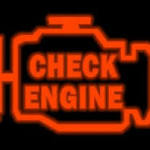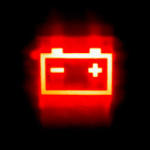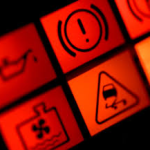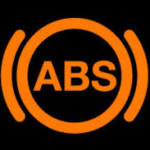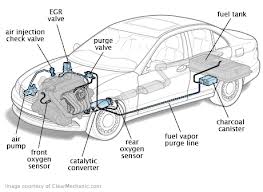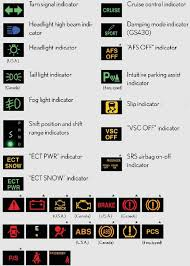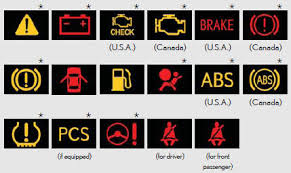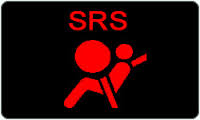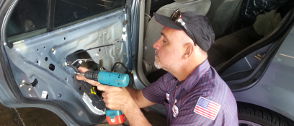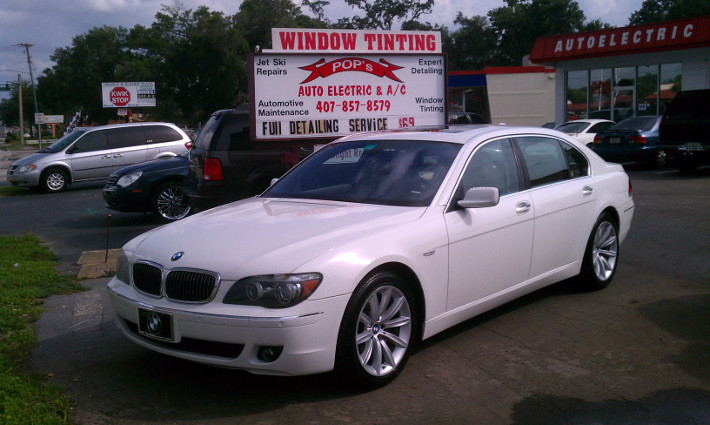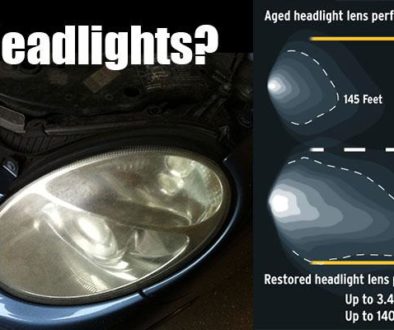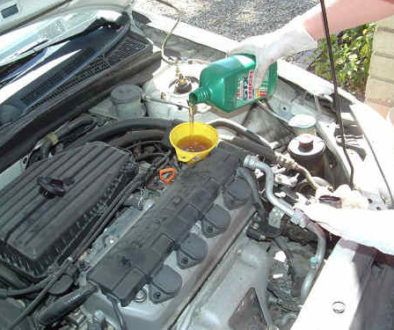Automotive Trouble Lights; Help from Pops Auto Electric
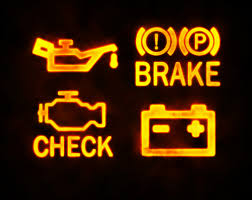 Pops Auto Electric & AC Make Sense Out of Automotive Trouble Lights
Pops Auto Electric & AC Make Sense Out of Automotive Trouble Lights
Automotive trouble lights or dash lights have been around for many years, but the messages are different colors shapes, sizes – just what do they mean? The following list of warning lights (automotive trouble lights) are the most common lights used by auto manufacturers. Not all automotive trouble lights are universal. Always refer to your owner’s manual when you’re not 100% sure what the light indicates.
Many automotive trouble lights indicate that a fault has occurred inside the vehicle’s system, but it doesn’t pinpoint the item or system that has failed. In these cases, a code reader or scan tool can help determine the part that needs to be replaced. If an automotive trouble light on your dash is on, visit Pops Auto Electric & AC to get the best information to help keep your vehicle running in top condition.
Check Engine or Malfunction automotive trouble light (MIL):
Indicates the engine computer has set a Diagnostic Trouble Code (DTC). Usually requires diagnosis with a professional scan tool. Learn the top five reasons why your check engine light is illuminated.
Battery/Charging Alert:
Indicates voltage level is below normal level and the vehicle’s charging system is not functioning properly. Check battery terminals, alternator belt, and battery condition.
Coolant Temp Warning:
This automotive trouble light indicates temperature has exceeded normal limits. Check coolant level, fan operation, radiator cap, coolant leaks.

Transmission Temperature:
Transmission is operating at higher than optimum temperature as transmission fluid is hotter than normal. Check transmission fluid level and engine coolant level.
Oil Pressure Warning:
If this automotive trouble light stays lit, it indicates loss of oil pressure. Immediately check oil level and pressure.

Oil Change Reminder:
Indicates that oil life has expired. This is monitored by the ECM; the interval can be mileage or a combination of readings taken by the ECM. The reset procedure is listed in the owner’s manual. Some vehicles require the use of special tools to reset the automotive trouble light.
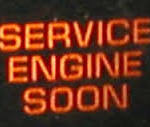 Service Vehicle Soon:
Service Vehicle Soon:
Typically indicates a lighting or other electrical problem that is controlled by the BCM (body control module). Check all lights (head lights, turn signals, brake lights, and hazard lights). This symbol may also be used to warn driver of a traction control problem, or a communication problem between modules.
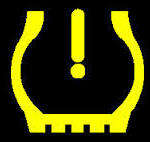 TPMS (Tire Pressure Monitoring System):
TPMS (Tire Pressure Monitoring System):
If your car is equipped with tire sensors this automotive trouble light indicates the tire pressure monitoring system has found a tire with low air pressure or there may be a sensor malfunction. Check tire pressure. Some vehicles will allow manual reset of TPMS warning light and others will require professional diagnosis. Refer to owner’s manual.
 Brake System Automotive Trouble Light:
Brake System Automotive Trouble Light:
Indicates one of three possible conditions: parking brake is on; problem with the braking system/brake fluid is low, or ABS problem. Check brake fluid and make sure the parking brake is fully released. If the problem is in the ABS system, it may need a professional diagnosis.
Reduced Power Warning:
Indicates Engine Computer has limited engine power output. The ECM has many levels of reduced power depending on what component has failed in its control system. Usually requires diagnosis with a professional scan tool.
 ABS Automotive Trouble Light:
ABS Automotive Trouble Light:
Indicates that the Anti-lock Brake computer has set a code and needs professional diagnosis.
Gas Cap:
The check gas cap automotive trouble light indicates that the gas cap is not tightened properly. If not addressed, quite often the Check Engine Light will also illuminate.
Cruise Control:
Indicates that cruise control is set during driving.
ESP Fault:
Indicates that there is a problem with the vehicle’s traction control/anti-skid or electronic stability system.
Security Alert automotive trouble light warning system:
If the symbol lights momentarily it may mean that the ignition switch is locked and will need the proper transponder-equipped key to re-start. If the symbol is visible when the vehicle is on, then it typically indicates a malfunction in the security system.
Lamp Out:
Indicates that there is an exterior light on the vehicle that is not functioning properly.
Traction Control or ESP:
Illuminates when the vehicle’s traction control/anti-skid or electronic stability system is in use. This automotive trouble light is usually an indicator that conditions are slippery.
Door Ajar:
Indicates that a door (including hood and trunk) is not closed. Open and close all doors, including hood and trunk. If vehicle is left in this condition overnight it can drain the battery.
Overdrive Light:
This symbol indicates that the vehicle’s overdrive system has been manually turned off. Typically the overdrive system is controlled by an on/off switch.
Airbag Fault:
If this automotive trouble light stays illuminated after starting, it indicates that the vehicle has found a fault in the airbag system and the computer has set a code. Professional repair of the supplemental restraint system is highly recommended.
Washer Fluid Reminder:
Indicates washer fluid is low. Fill washer fluid reservoir. The cap has a symbol that looks like a windshield. Some vehicles have separate reservoirs for front and rear window washers.
Fog Lamp:
Indicates that the vehicle’s front fog lamps are illuminated.
One thing is for sure, if you have one of the automotive trouble lights shining, you are in danger of more serious damage to your car if you don’t get what every is indicated fixed. Contact a professional, contact Pops Auto Electric & AC now for assistance!



